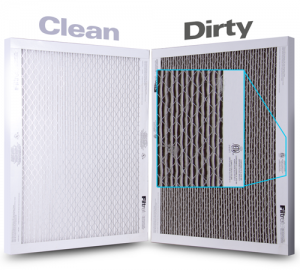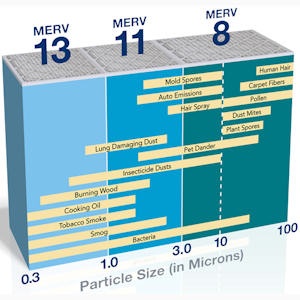What to Check Before Writing a Check
What’s your reaction when the AC goes out, especially this time of year? Most people panic a little, then pick up the phone and call their AC company to request a service call. Well, before you incur that kind of expense (and possibly embarrassment), you can check several things and troubleshoot the situation yourself, and it probably won’t take much time.
Is the power on?
That might sound ridiculous, but we have gotten calls when the power was out. Wait until the power comes back on to ensure your unit is truly out.
Check the thermostat.
This may seem basic too. But sometimes the settings are incorrect. Your AC should be running if your temperature is higher than the setting, and vice versa for heating (although that’s probably not the case right now). Also, if your thermostat has batteries, check those too. They might need replacing.
Check your circuit breaker.
From time to time and for various reasons, the circuit breaker wire will get tripped. Flip it back on (or even off and on). If your unit still remains off, then your problem is somewhere else.
Check the switch on your indoor unit.
According to code, you should have an on-off switch next to your indoor unit for safety when someone is working on the unit. Occasionally, we have found this switch to be off.
Check the disconnect switch on your outdoor unit.
Just like with your indoor unit, you’ll find a disconnect switch next to your outdoor unit. Make sure is it plugged in or flipped on, but be careful. There are 240 volts of electricity flowing there. If you’re uneasy about it, call us.
Check the condensation pump and AC drain line.
Many units have a water safety switch, which should cut your system off if there is a clog in the drain. But check the pan under your indoor handler. If you find water, empty the pan and flush out the line. If your pan has already overflown or water is leaking through a ceiling or wall, you may be calling more than just your AC company (i.e. restoration service providers, handymen, etc.). But hopefully you catch it early.
Keep this list handy so you can check it off when you have a problem. Then, if you still need a service call, we’re ready to help. And we’re glad to answer any questions along the way. TRAVERSAIR – 561-746-7211
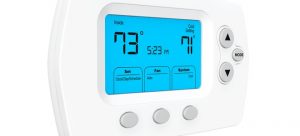
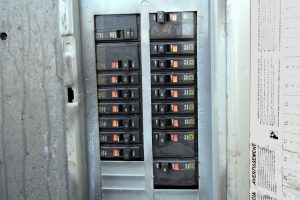
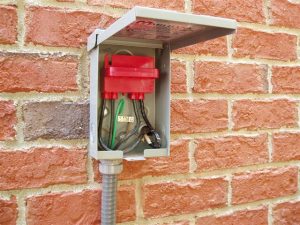


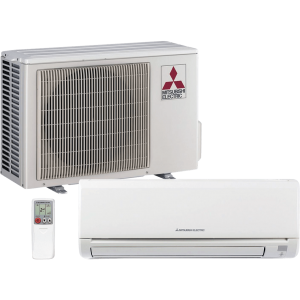
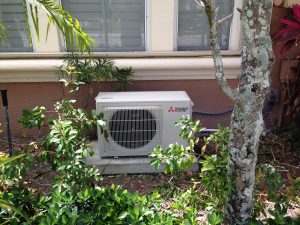
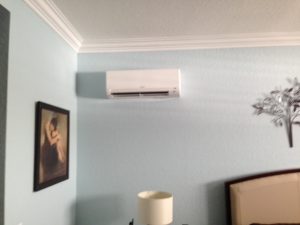
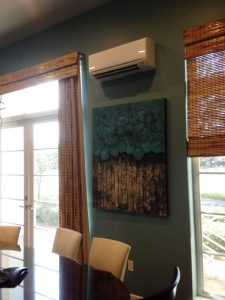
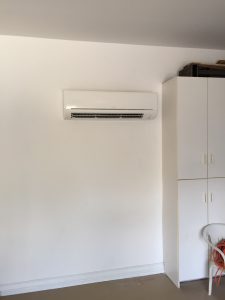
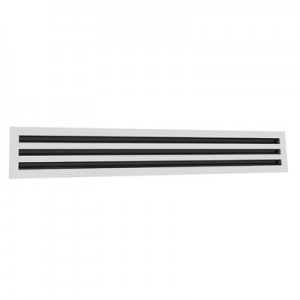
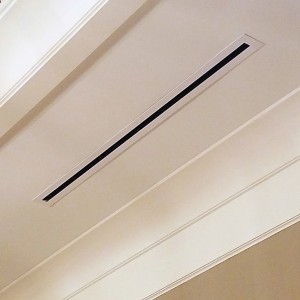
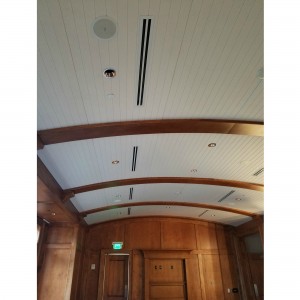
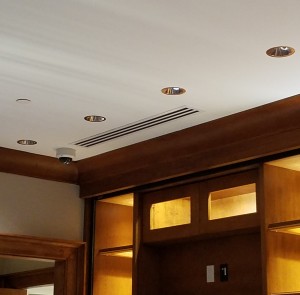
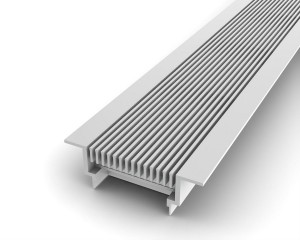
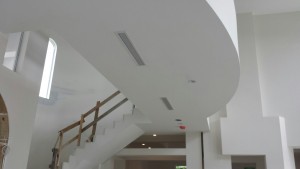
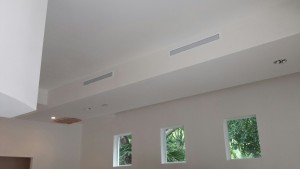
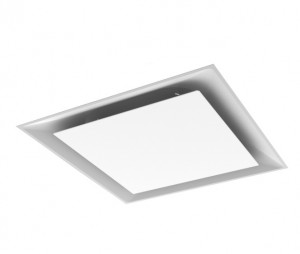
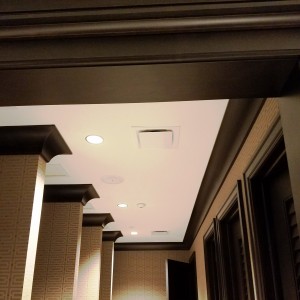
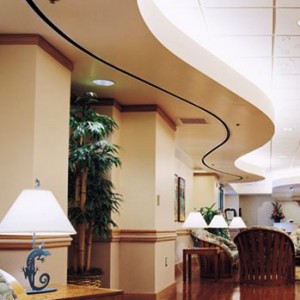
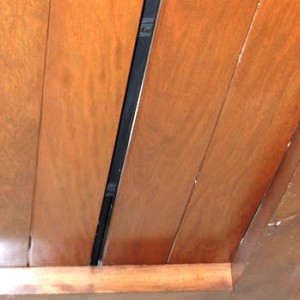
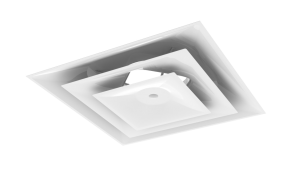
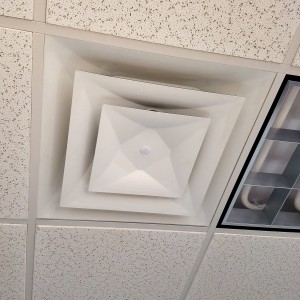
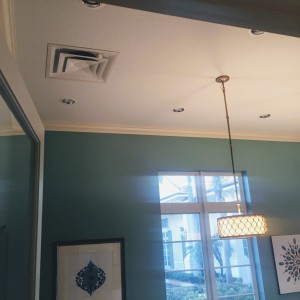
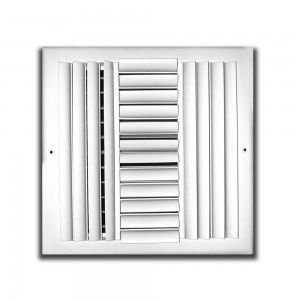
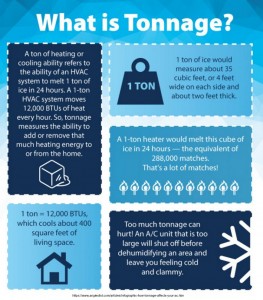
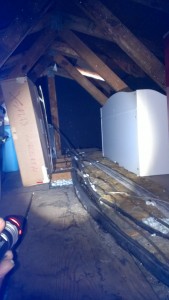 Check Your Crawl Space
Check Your Crawl Space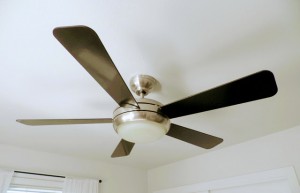 Ceiling Fan Myth
Ceiling Fan Myth Strategic Placement of Outdoor Plants
Strategic Placement of Outdoor Plants